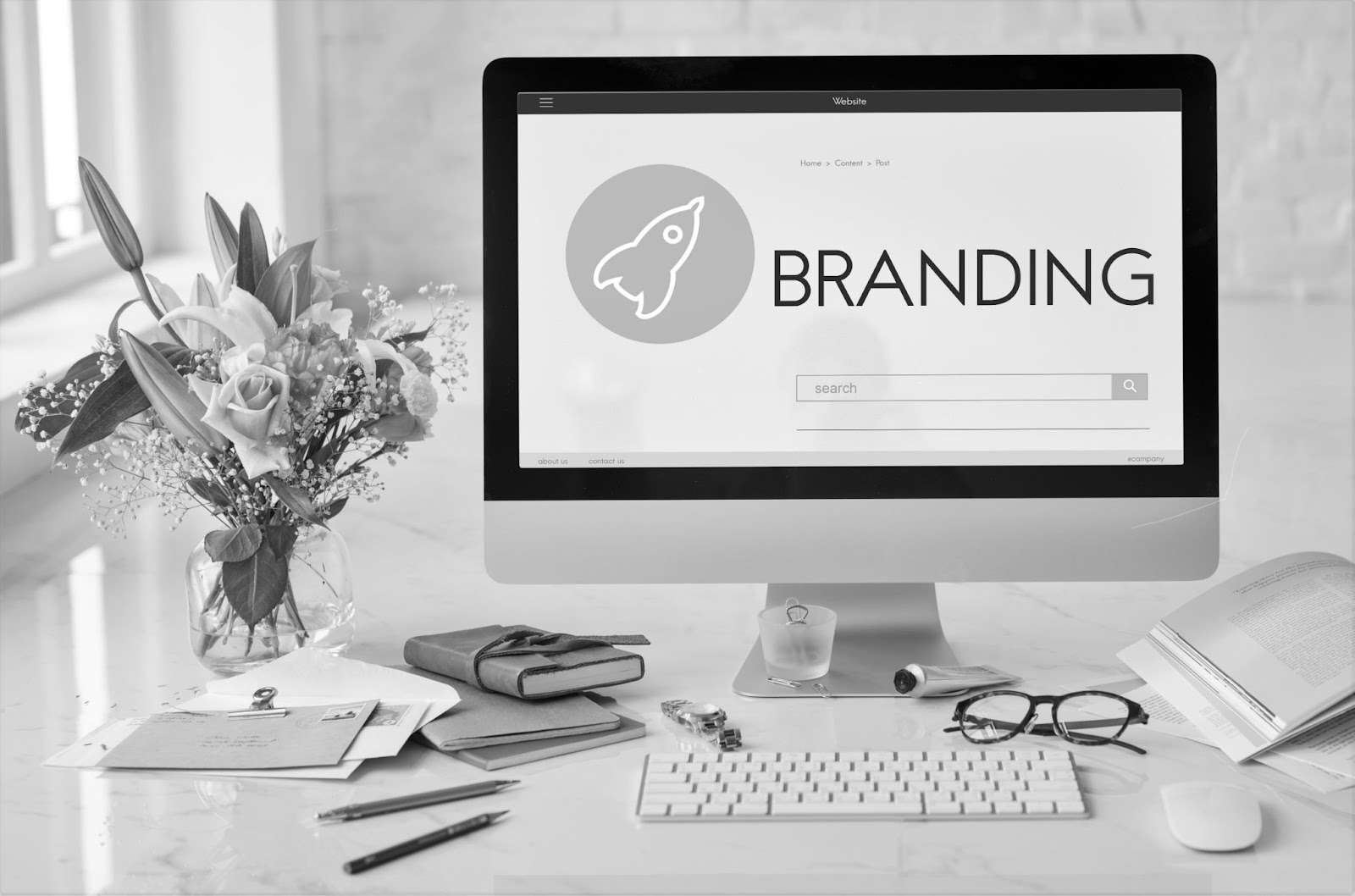E-Commerce
Technology

Why It’s Important
There are a lot of ways you can benefit from e-commerce. And, in order for you to really know why exactly e-commerce is so beneficial to you, you need to first realize the type of customer you are.
There are a lot of different customers serving a lot of different purposes. However, if we were to generalize them, they’d all be grouped under two categories.
The first category includes people who use e-commerce platforms a few times per year. And, the third category includes people who don’t do either.
We all fit into at least one of these categories. And, the reason why some of us lean more towards the third category is because we are not aware of the many benefits of e-commerce.
So, because of that, let’s discuss what all the benefits of e-commerce are:
1. You can experience lower prices.
Most of the time, you’ll find items that are cheaper online than they are in actual real-life stores.
But, why is that? Well, online sellers don’t really need to maintain their stores. Those are not the types of costs that they have to keep in mind. It’s more convenient for them to sell stuff online and for you to buy them.
2. Convenient interactions.
Whenever you have to go buy something in-person, the likely scenario is that you’ll have to ask the seller a ton of questions about the product before you purchase it.
However, that’s not something that you really need to do online. Online stores already have the information you need. And, if they don’t then you can either click on the live chat or use email/social media as a way of connecting with the seller.
That’s why e-commerce is so important. However, are you sure that you know what e-commerce is exactly? Let’s take a look:

What is E-Commerce
So, you’re wondering what e-commerce is? Well, simply put, e-commerce is the process where you can buy and/or sell products online. E-commerce also refers to the transfer of money to complete sales.
E-commerce can be seen through a lot of different models. It can happen through:
- Business to Consumer e-commerce
- Consumer to Business e-commerce
- Business to Business e-commerce
- Consumer to Consumer e-commerce
- Direct to Consumer e-commerce
But, what do all of these points mean exactly? Well, if we’re talking about Business to Consumer (B2C), we’re referring to a process where a sale happens between a business and a consumer. Coincidentally, this is also the most popular form of e-commerce.
When we’re talking about Consumer to Business (C2B), the idea of B2C has flipped around. C2B is when a consumer is selling their products to a business.
Then, we can move over to Business to Business e-commerce (B2B). B2B is when two businesses sell their products to one another. This process doesn’t involve any sort of customer whatsoever.
After that, it’s also worth mentioning that Consumer to Consumer (C2C) is similar to B2B in the sense that it’s two similar individuals buying and selling from one another. However, it differs from B2B in the sense that it’s two customers instead of two businesses.
Then finally, we have Direct to Consumer (D2C). D2C is when a business sells a product to their customer directly without first going through a retailer, distributor, and so on…
A great example of D2C includes features like “Following” or “Subscribing”. They’re just one click away. You don’t have to go through a lot of different steps in order to follow someone on social media.
That’s what e-commerce is all about. Do you think you’re ready to learn how you can your very own e-commerce business?
Don’t worry! We, at Brandsonify, are here to help you do just that. Let’s start:

How to Start an E-Commerce Business
Starting your very own e-commerce business is not exactly the same thing as starting your own brick-and-mortar business. There are several steps that you need to take. Let us walk you through them:
First, you have to make sure that your business is going to stand out from the competition.
What do we mean by this? Well, have you ever heard of the saying “If you can think of it, someone must’ve already implemented it?”
Well, starting your own e-commerce business is pretty similar. You have to try and find that product and/or service that other people have not thought of yet.
People love stuff that is original, but not extremely different from what they consider to be normal. Try to find a product and/or service that fits that criteria.
Next, you have to also decide on what your business’ name is going to be. You can’t just go with any name. It has to be something unique that stays true to your business’ message.
Try to keep it simple but clever.
Next, you’ll have to obtain business permits and licenses. Having an e-commerce business doesn’t mean that you no longer have to follow the law. This is something that e-commerce businesses have in common with brick-and-mortar businesses.
Getting permits and licenses to open your business can be a little tiring. But, as long as you follow the right steps correctly, and make sure to sign all the right papers, you should be good to go.
These permits and licenses can include sales tax permits, health, safety, and environmental permits, building/construction permits, and so on…
Finally, the only thing left to do is pick the platform where you’re going to start your business. There are many online sites and marketplaces where you can do that. We suggest you go for the one that is most used in your area or city.
Then, after setting up everything that this site/marketplace asks of you, all that’s left to do is to get your e-commerce business running.
Testimonials
Recent Blogs
From Facebook to Meta
Back on February 4, 2004, Facebook served only one principle: being an easier way for Harvard students to connect.
VIEW FULL BLOG
The Ultimate Guide to Branding
Are you ready to brand your business? Don’t make the mistake of thinking that this process isn’t worth it. A brand that is recognized…
VIEW FULL BLOG
The Ultimate Guide to Rebranding Your Business
Rebranding is the process of creating a new company identity. It’s more complex than a simple logo refresh. A complete rebranding…
VIEW FULL BLOG






